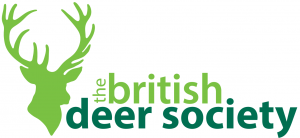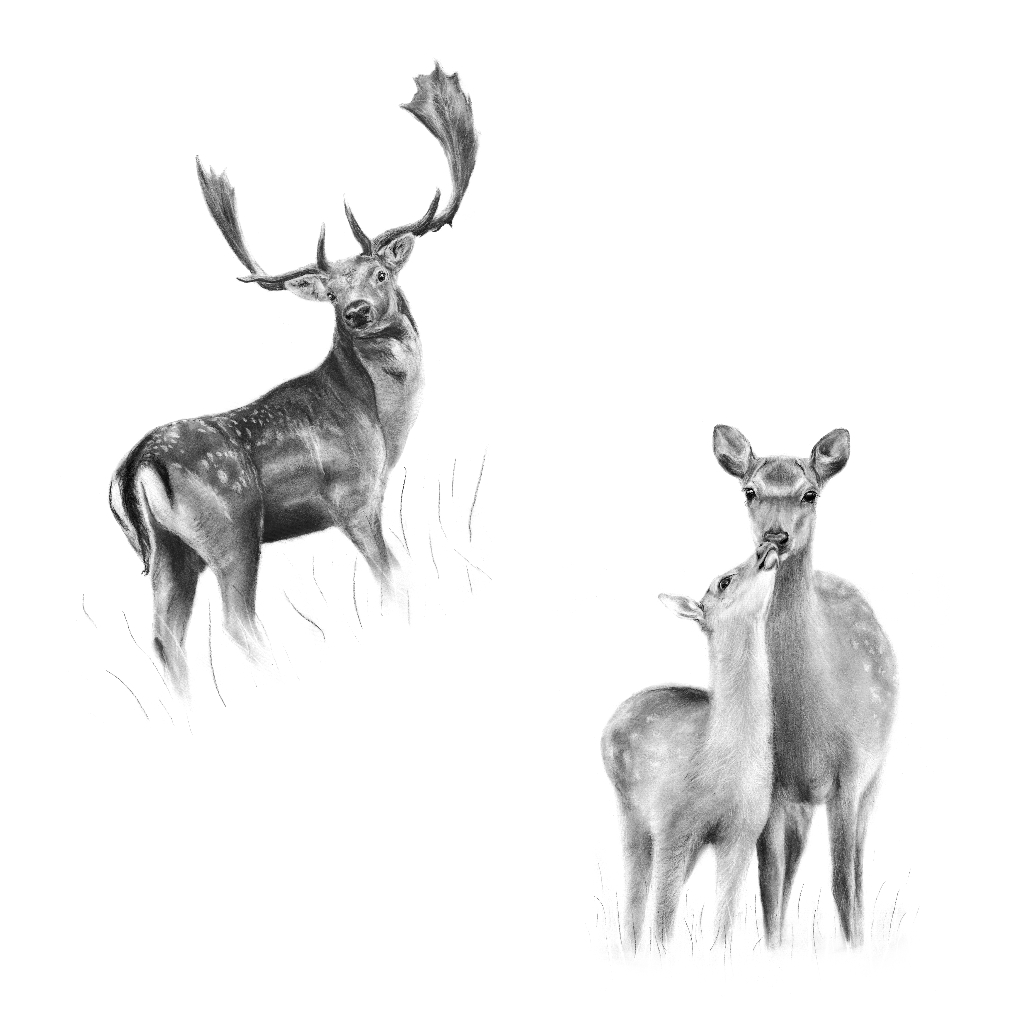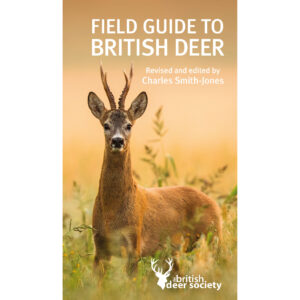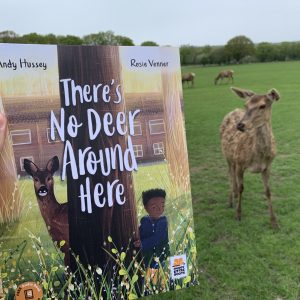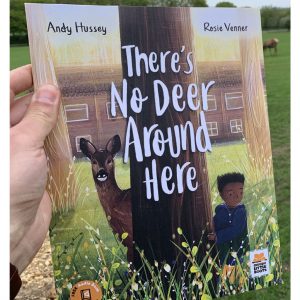ABOUT THE STUDY
Whitehead Trust Studentship – Menno de Jong
Most British deer have been impacted by population bottlenecks during introductions (or in the case of roe and fallow deer, reintroductions).
The implications for long-term survival and adaptation to local habitat are poorly understood, but theoretically selection is a weak force when population sizes are small.
At the same time, founder events are an important process in evolution, and founder groups evidently adapt to their new environment. This study will focus on understanding the relative importance of stochastic factors and natural selection for founder populations introduced to a new habitat.
In the UK there are several species that originated in quite distinct habitat in Asia (sika, muntjac and Chinese water deer) or were re-introduced from Europe (roe and fallow deer) and started as small founder groups in the UK. Next generation sequencing methods will be used to assess evidence for changes associated with both selection and genetic drift. The focus will be on two species – roe deer, building on earlier work* (funded by the Whitehead Trust) that identified population structure, the impact of local founder events, and the source of historical introductions, and reindeer introduced to the British overseas territory of South Georgia in the South Atlantic.
The latter case study will be included especially due to the excellent database available providing samples from the original population in Norway and the introduced population on South Georgia, and good historical data on the numbers introduced, the timing, and the demographics of the founder population since introduction.
It is expected that these studies will provide valuable transferable inference about the potential for deer species to adapt to local habitat in spite of small founder population size for all introduced species of deer in the UK. This information is relevant to the long-term survival and management of these species.
*This builds on Dr Karis Baker’s work in an importantly different direction: what are the consequences for individual and population development of moving a limited number of deer into deer-free environments? This has implications for pure evolutionary ecology and conservation management.
FURTHER READING

From Local Action to National Impact: Reducing Deer Suffering After Road Collisions
After 15 years of dedicated work by the Hampshire and Isle of Wight Constabulary (HIOWC), together with essential support from Dorothy Ireland, Tony Lowry, and numerous volunteers from The British Deer Society (BDS) plus expert deer managers in Hampshire and surrounding counties, we are delighted to see the HIOWC Humane Animal Dispatch (HAD) volunteer scheme poised for a national rollout.
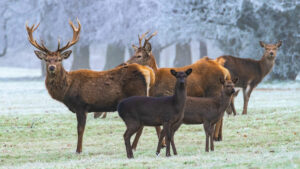
Support BDS and Help Protect Deer and Their Habitats
Discover how the British Deer Society is working to protect deer, their habitats, and promote sustainable wildlife management. Learn about our mission, vision, and how you can support deer welfare through education, research, and donations. Join us in making a difference for deer and the environment.
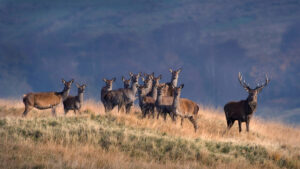
The Role of Deer Management in Conservation in the UK
Deer management plays a crucial role in supporting conservation efforts across the UK, helping to restore habitats, preserve biodiversity, and address the challenges posed by rising deer populations. This article explores the importance of balancing deer numbers with ecosystem health, highlighting the impact of culling, stakeholder collaboration, and holistic management strategies.



